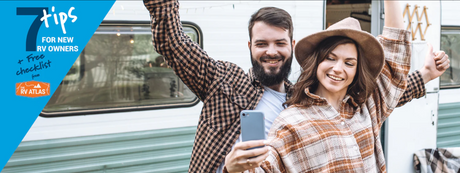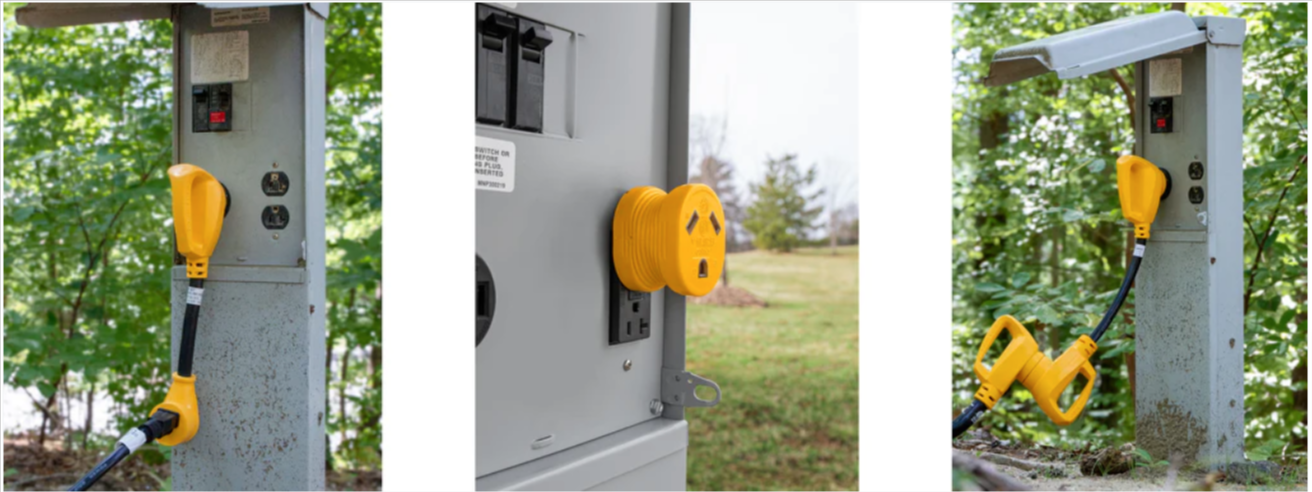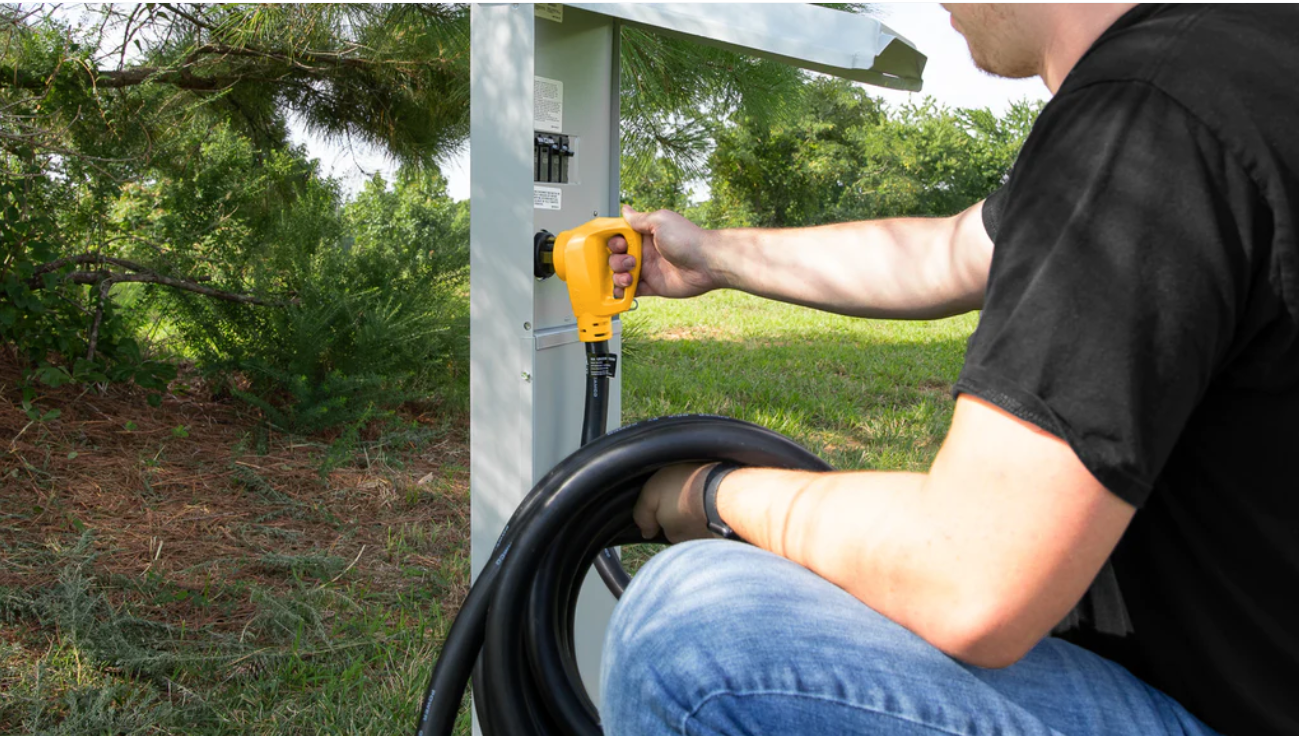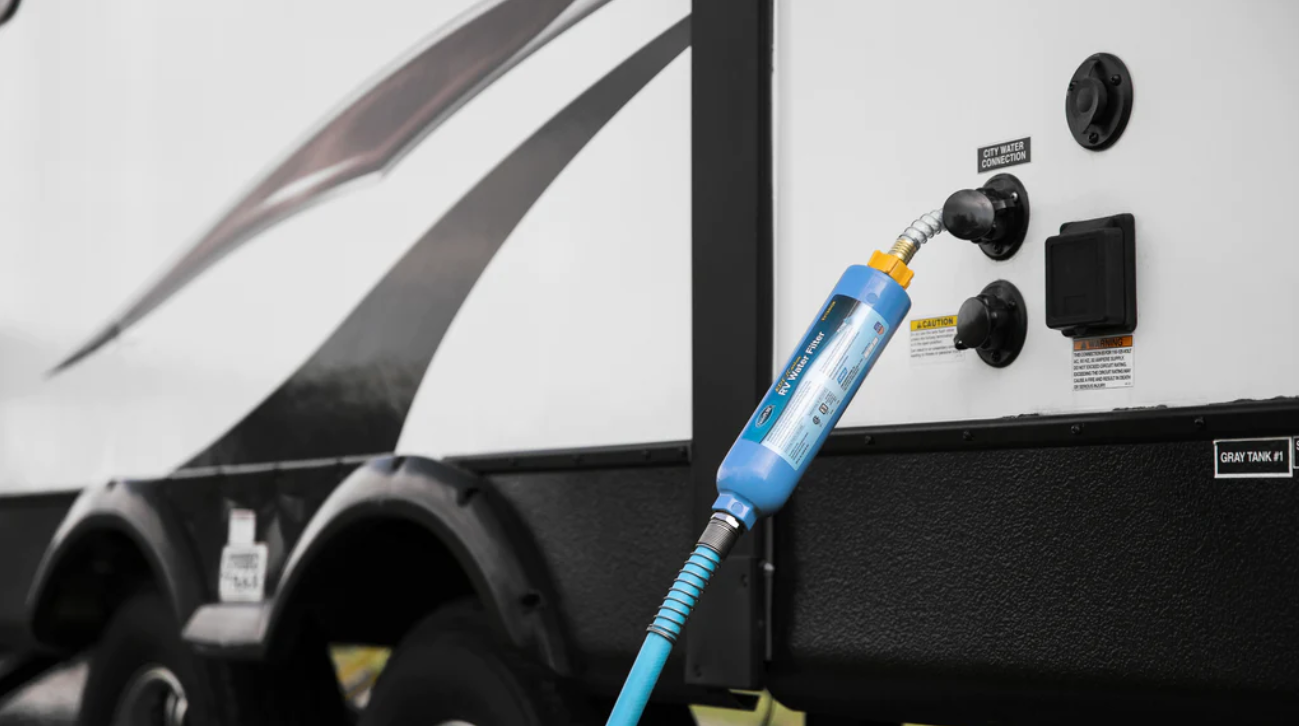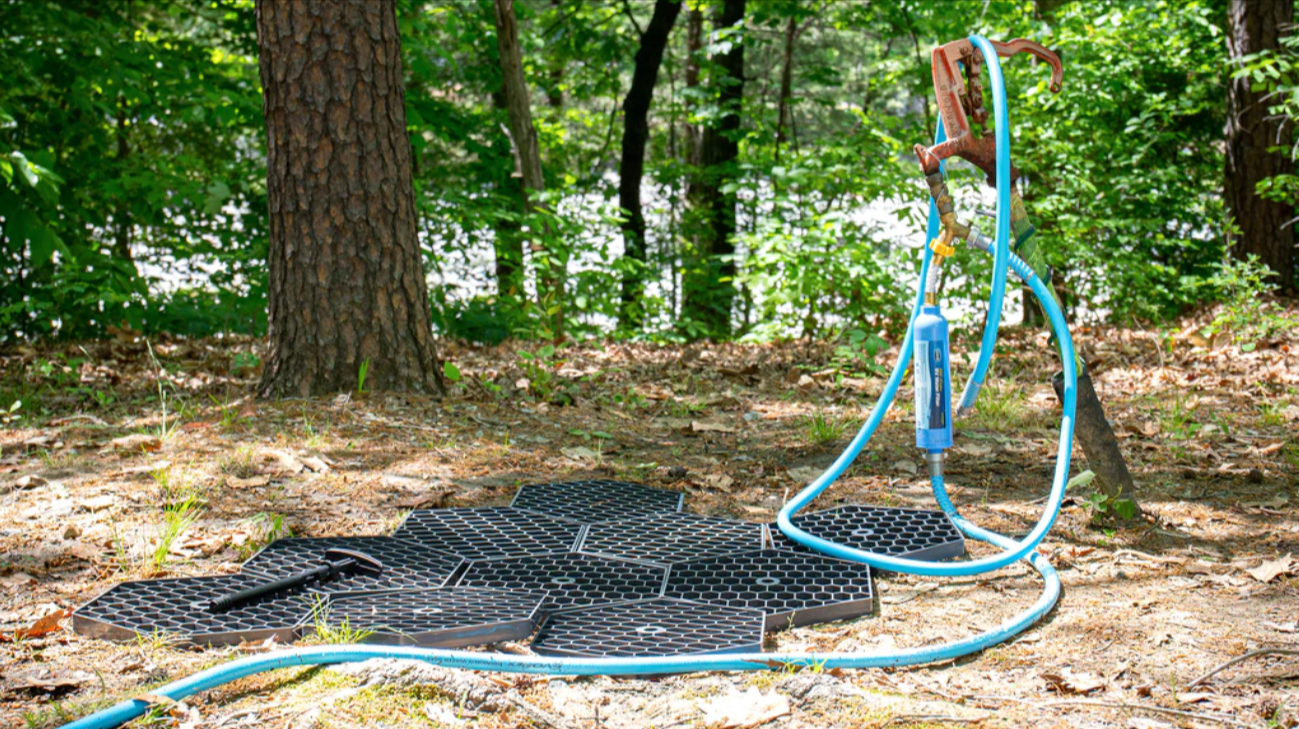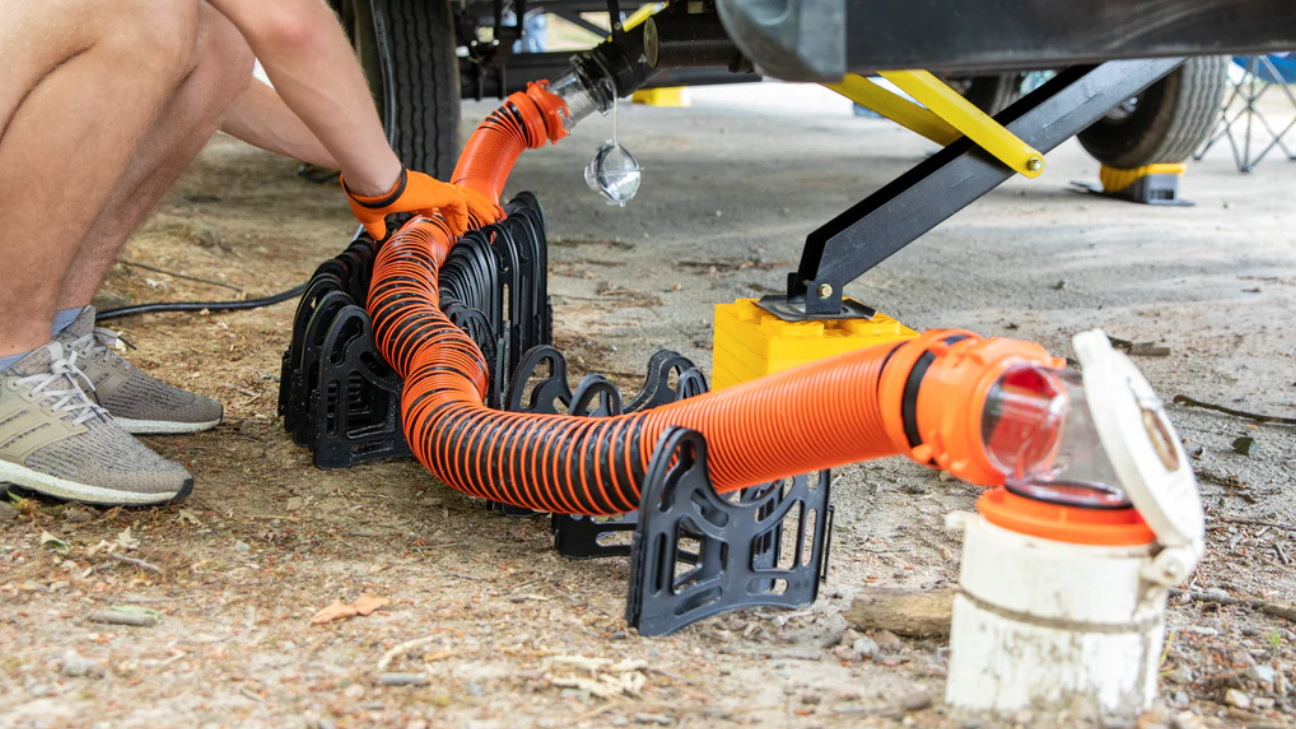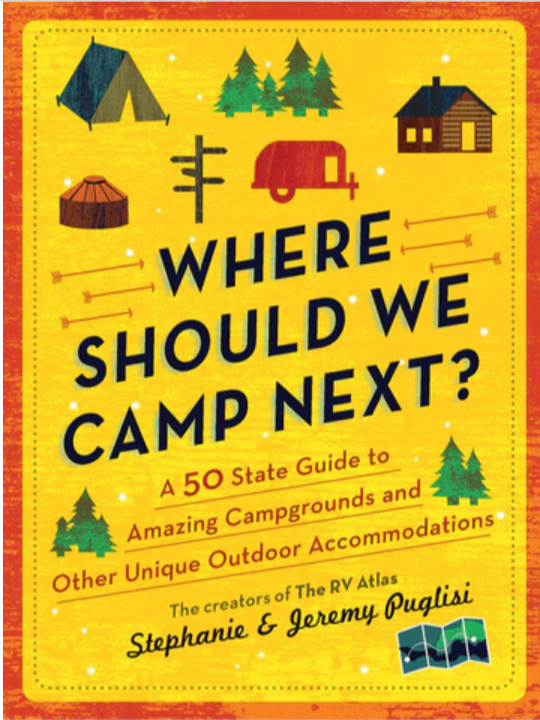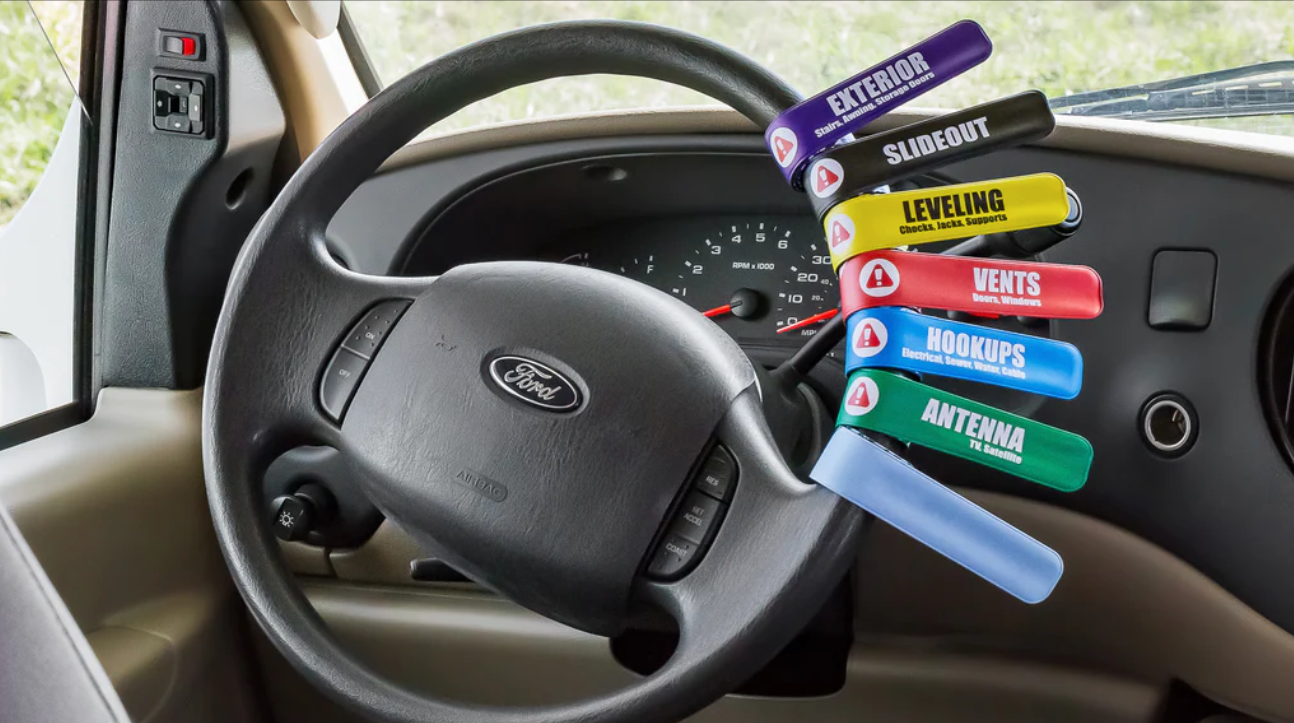7 Tips for New RV Owners
Apr 13th 2023
If you’ve taken the plunge and bought your first RV, chances are that you are a little bit intimidated on what to do and where to start. There’s plenty to learn when it comes to RVing, but don't worry—we’ve created a list to help you with what you need to know and do before hitting the road for the first time.
Here are 7 top tips for new RV owners:
1. Purchase the Essentials First
There are so many RV accessories available— it’s hard to distinguish what’s necessary and what’s not. To properly maintain your RV, there are several must-haves that you should get before the rest. These 10 items will come in handy, time and time again:
Leveling Blocks: Allow you to level your RV, helping your appliances and tanks operate more efficiently. Park it right by parking it level. Leveling blocks = a mission accomplished.
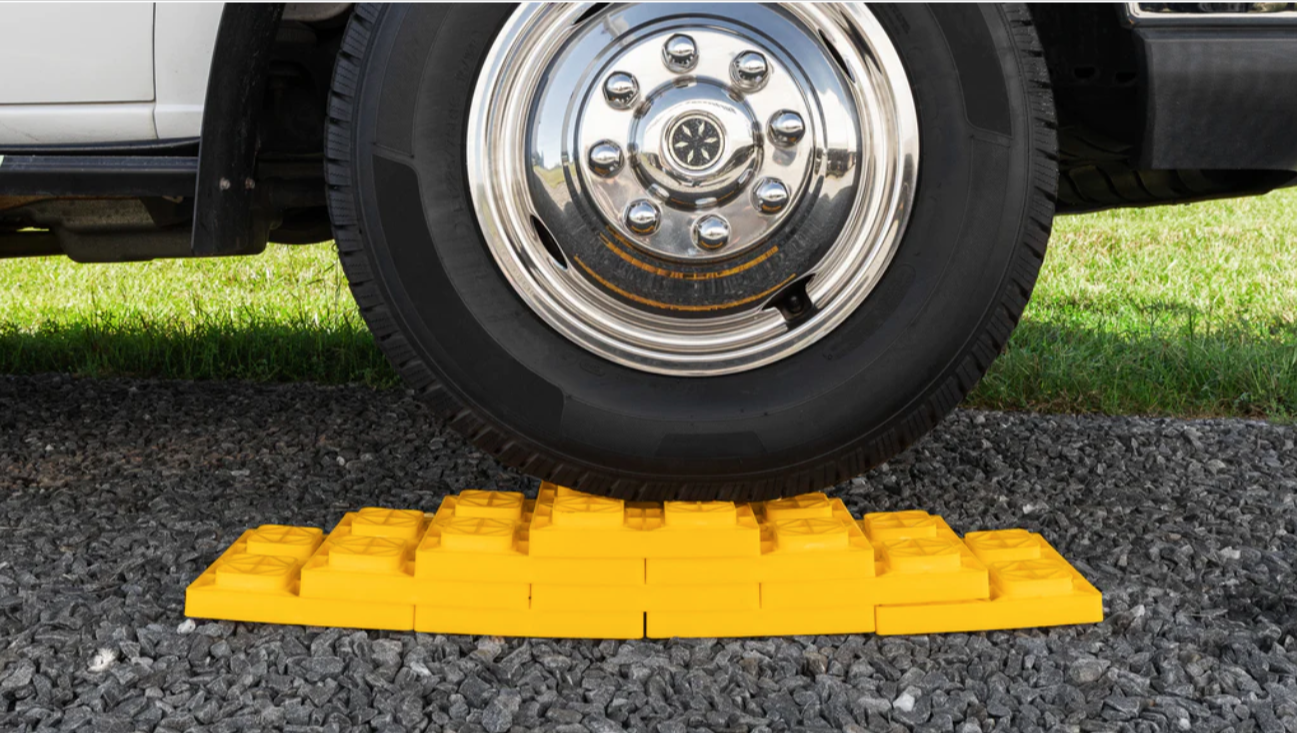
Wheel Chocks: Chock your tires to keep your trailer safely in-place while parked. Don’t “roll out” by accident! Chocks let you park it, and forget it. Need help with leveling? Check out these tips from RV stabilization pros!
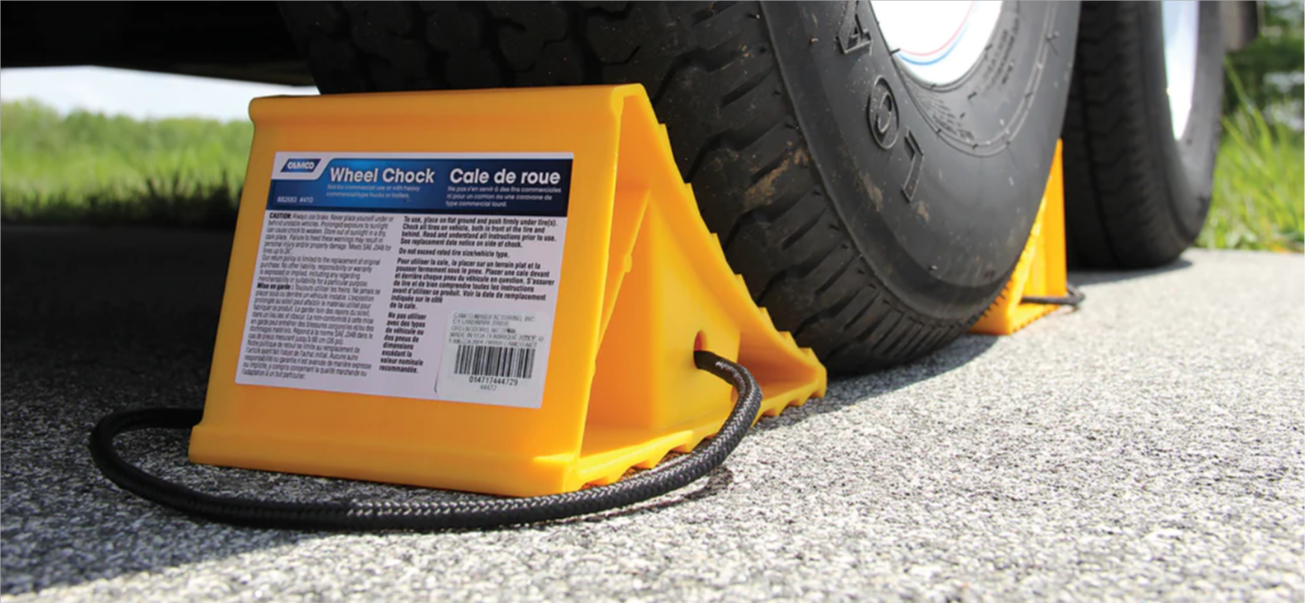
Voltage Protectors: Protect your RV and appliances from high/low voltage levels, power surges, and wiring issues. The best way to keep your stuff from frying! Replacing damaged items is super expensive and 0% fun. Learn how these voltage protectors can save you a pretty penny!
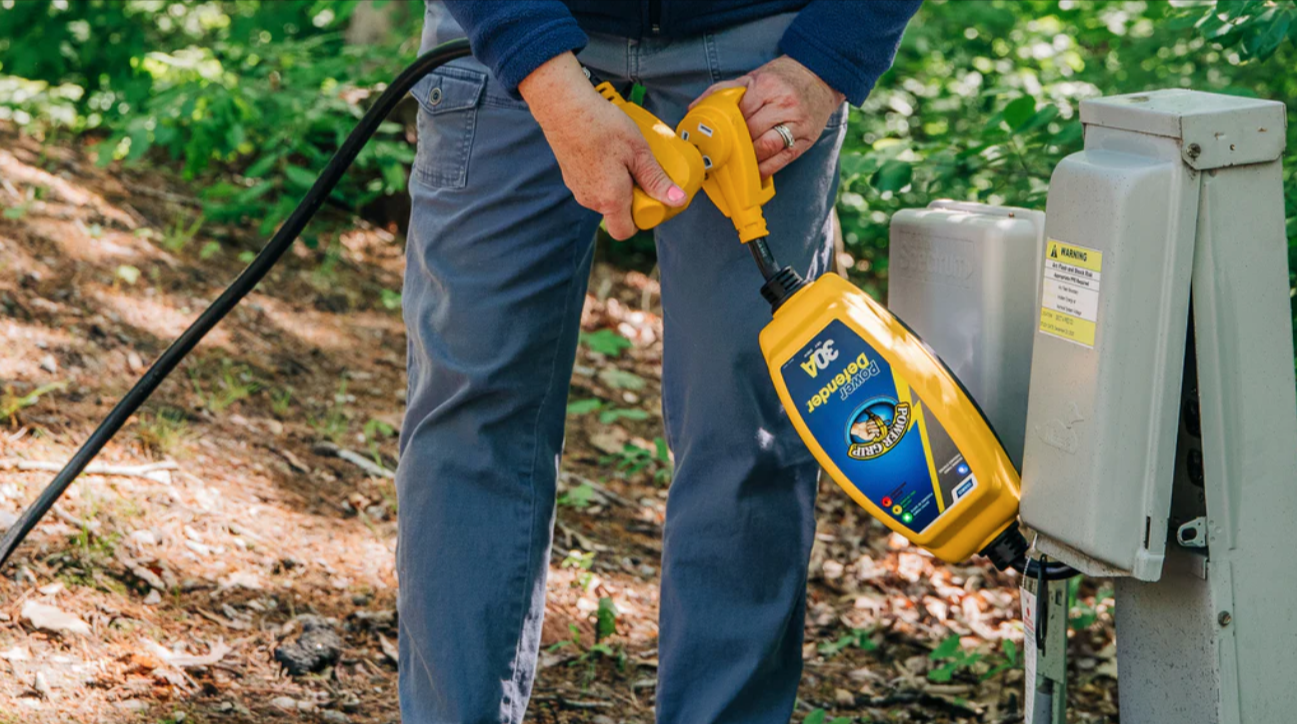
RV Power Adapters: Allow easy electrical hookup when your RV is not originally compatible with the campground power source. FREEDOM to power up! Hookup to power sources that have a different connection type. Find out how Power Grip RV electrical adapters make powering up easier.
Extension Cords: Provide the necessary length to power your RV from distant power outlets. Make every outlet reachable. If only everything else was that easy!
Water Filters: Offer protection against chlorine, bad taste, odors, sediment, bacteria, and other contaminants from your RV's fresh water supply. You really can enjoy fresh, great-tasting drinking water, anywhere!
Drinking Water Hoses: Drinking water safe hoses are lead, BPA, and phthalate-free, providing great-tasting water without a strong plastic taste. You don’t want lead in your diet! Regular garden hoses leech chemicals that aren’t safe for drinking.
RV Sewer Hose Kits: Provide all of the equipment needed for a quick, reliable sewer hookup. RV sanitation is a dirty job. Make it as simple and clean as possible! See why the RhinoEXTREME is our most popular RV sewer hose.
RV Toilet Treatments: Help control unwanted odors and break down waste and tissue in your black water holding tank. Bliss is odor-free camping! Toilet treatments stop odors for up to seven days. Learn how to treat your RV black water tank before the smell takes you by surprise!
RV Toilet Tissue: Toilet paper that is fast-dissolving, biodegradable, safe for RV/marine sanitation systems, and septic tank safe. If someone says you don’t need it, that person must not have dealt with clogged pipes…yikes!
2. Practice Driving and Parking Before Your First Trip
RV driving is intimidating. You have to safely maneuver such a large vehicle on the interstate and rural roads. Luckily, there are RV driver safety classes available in most areas. If you don’t sign up for a class, you should at least practice driving and parking before going on your first trip.
Pick a good driving spot— somewhere that isn’t busy and has enough room to accommodate your trailer and towing vehicle. Run-through how to park, level, and stabilize your camper. You’ll need to bring wheel chocks, leveling blocks, and a level.
3. Pack Wisely
RVs don’t have unlimited storage, so bring what matters most. Begin by packing what’s absolutely necessary (i.e.: clothing, medication, food, kitchen tools, cleaning products, and tools). If you need it, take it. If you don’t need it, leave it behind or see if you have room to spare at the end. Don’t risk being crammed in your space.
This detailed RV checklist has great ideas on what to bring.
4. Plan Your Trip in Advance
Spontaneous trips are great, but planning in advance is always a great idea! Have a destination in mind (somewhere that isn’t too far away for your first time out). Begin researching campgrounds and view their policies, rates, and amenities. Check to see what your RV amperage requirements are and what type of power source is at the campground (you may need a power adapter or an extension cord).
When you find a location you like, book a reservation. Planning ahead will ensure that the campground has vacancy and enough room to accommodate your trailer size. Some people book a campground spot up to a year in advance at popular destinations, like national parks.
The creators of The RV Atlas put together Where Should We Camp Next, an incredible planning guidebook. It features 300+ of the best camping and glamping spots across the country. It’s a great resource for finding the best regional and state-by-state campgrounds/RV resorts for your next getaway.
While it’s great to have an itinerary, try not to overdo it with too many events and places to see. Allow your itinerary to have some flexibility— plans are always subject to change. Flexibility is key anytime you travel.
It’s also essential to check the weather forecast before a trip. You don’t want to be stuck in poor conditions while towing a rig. Bad weather can completely ruin a trip, so monitor things closely.
5. Create a Task List
Before you hit the road, it’s important to create an RV task list. Forgetting to do certain duties can complicate your trip or present potential dangers. Check to see if your RV manual includes a checklist.
Your manual may say to verify the following: check that the water pump is turned off, jacks are retracted, steps are pulled in, antenna is lowered, and other necessities. This is where an RV steering wheel check band would come in handy!
6. Test RV Systems
Don’t find yourself stranded hundreds (maybe even thousands) of miles away from home with an RV or truck that isn’t working correctly. Before a trip, make sure each system is working properly and ready to go.
Check your A/C unit, air pressure levels, appliance functions, oil levels, windshield wipers, propane tanks levels, hitch attachments, etc.
7. Make Sure You Have an RV GPS System
Driving an RV has its limitations— you can’t just drive any route. Because of that, there are GPS navigation systems specifically designed for RVs. These devices are different from your typical phone or standard GPS navigation systems.
RV GPS systems uniquely warn you of low-clearance areas, such as bridges and tunnels. They also let you avoid narrow or curvy roads and areas that may have certain weight capacities or restrictions.
Tips to Take to Heart
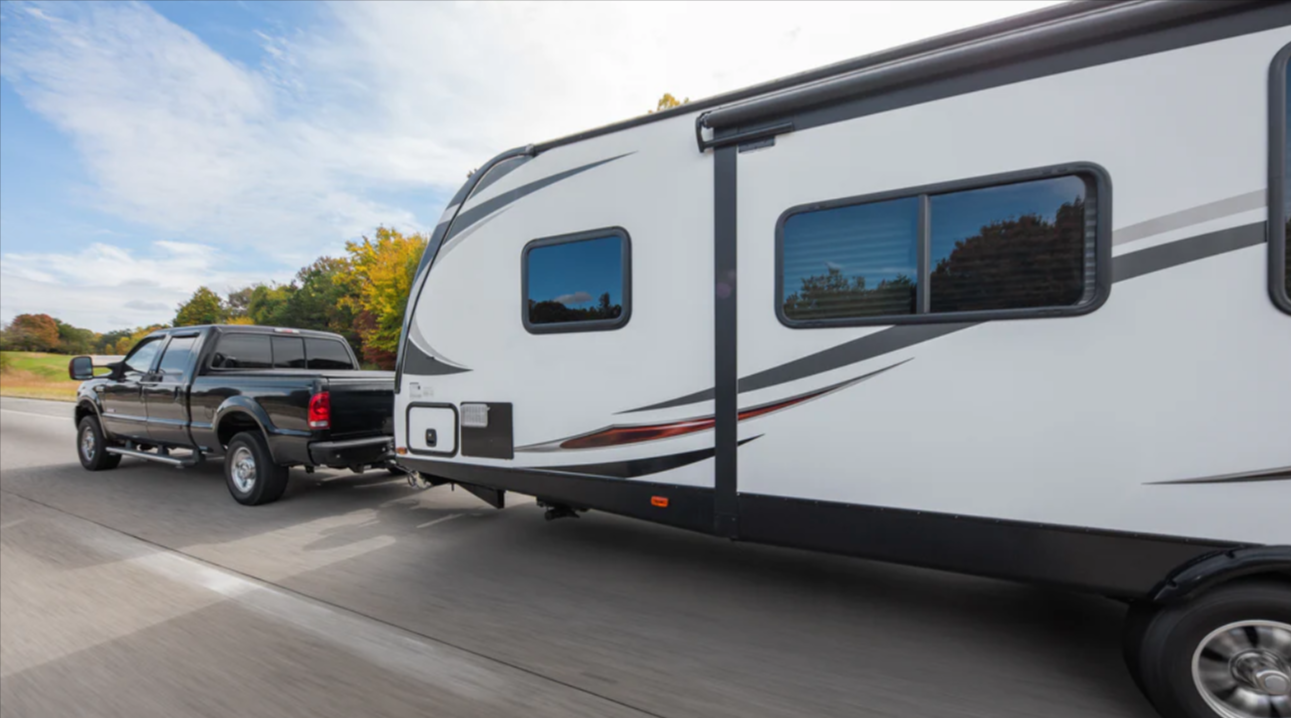
These tips will help you begin RVing on the right foot. We know it’s hard to know where to start as a newbie, but you’ll pick it up in no time. RVing will bring you countless miles of pure adventure!

